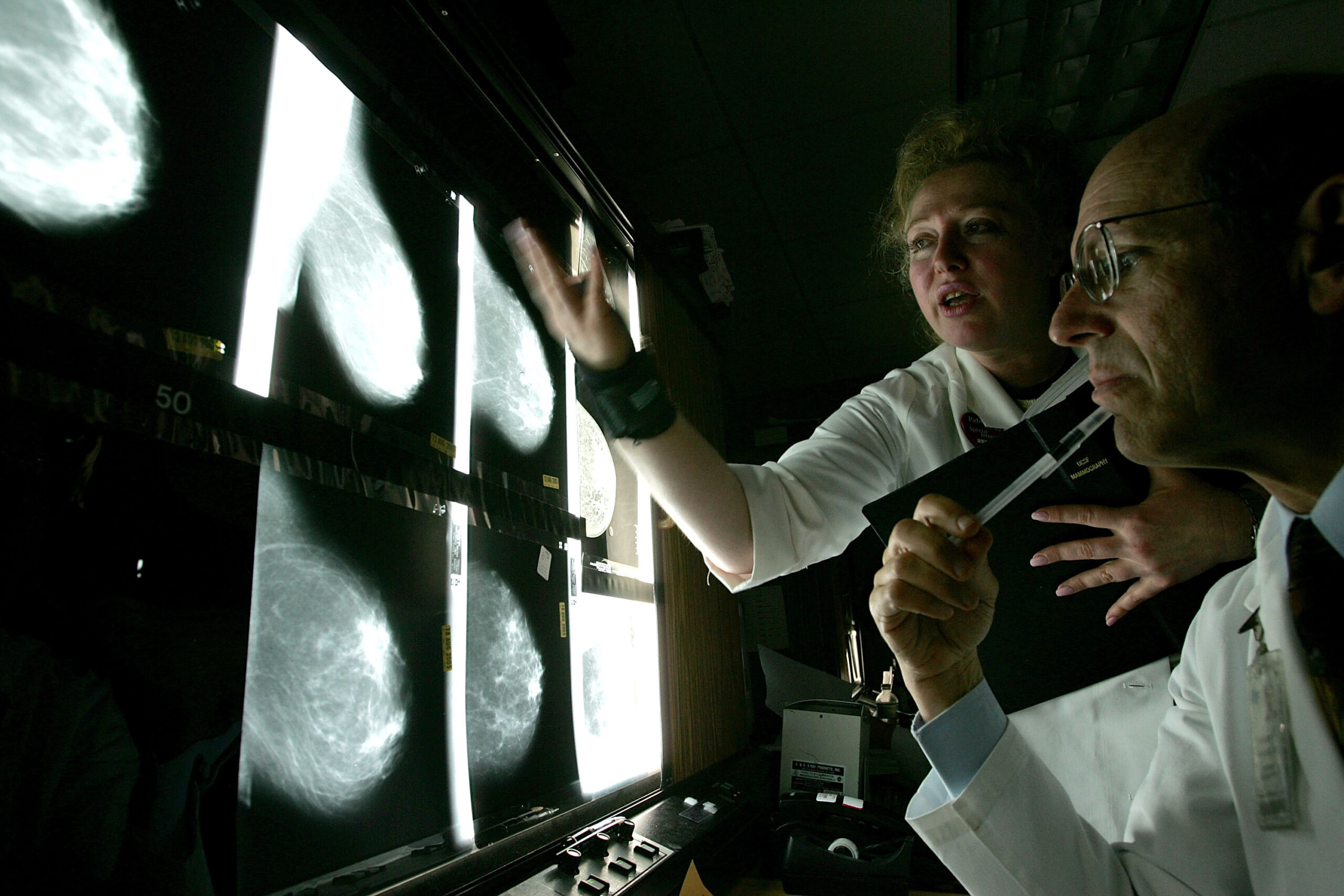
By The newspaper
Nov 27, 2023, 00:49 AM EST
In a groundbreaking leap for medical science, US researchers have presented an artificial intelligence model that could reshape lung cancer screening strategies.
This artificial intelligence tool, presented at the annual meeting of the Radiological Society of North America (RSNA), shows its ability to identify non-smokers at highest risk of developing lung cancer, offering a potential lifeline for early intervention.
Lung cancer, the leading cause of cancer deaths worldwide, has long been associated with smoking. However, a study published on the specialized site Zenger News sheds light on an often overlooked group: non-smokers or occasional smokers, who may also face substantial risk.
The AI model, called ‘CXR-Lung-Risk’, demonstrated remarkable accuracy in identifying a subset of patients with a 2.1 times higher risk of developing lung cancer among nearly 17,500 people.
Dr. Anika Walia, lead author of the study and a medical student at Boston University School of Medicine, highlighted the challenges that non-smokers face in current screening protocols.
AI-DRIVEN LUNG CANCER DETECTION OFFERS HOPE TO NON-SMOKERS
At the annual meeting of the Radiological Society of North America (RSNA), a groundbreaking AI-driven lung cancer detection model named “CXR-Lung-Risk” was introduced. This innovative approach focuses on identifying… pic.twitter.com/pY9sDhSw3a
— FLOREN (@FlorenTrading_) November 24, 2023
“Current Medicare and USPSTF guidelines recommend CT screening for lung cancer only in people with a significant smoking history,” Walia noted. This exclusion often results in the discovery of lung cancer in non-smokers at more advanced stages, emphasizing the need for a paradigm shift in screening strategies.
The ‘CXR-Lung-Risk’ model uses deep learning, an advanced form of artificial intelligence, to examine chest x-rays for patterns associated with lung cancer risk. What distinguishes this approach is its reliance on a single chest X-ray image, making it a practical and widely available screening tool in electronic medical records.
The study, which drew data from the Prostate, Lung, Colorectal and Ovarian (PLCO) Cancer Screening Trial, involved nearly 150,000 chest X-rays. The results, validated in a separate group of non-smokers, revealed that 28 percent of high-risk people identified by the AI model subsequently received a lung cancer diagnosis.
Lead author Dr Michael Lu emphasized the potential impact of this AI tool, stating: “This AI tool opens the door to opportunistic screening of people who have never smoked and are at high risk of lung cancer, using existing chest x-rays in the electronic medical record.”
As smoking rates decline, the importance of early detection methods for non-smokers becomes increasingly crucial.
The study marks a significant step toward more inclusive and effective lung cancer screening, challenging conventional norms and offering hope for timely interventions in people who have traditionally been excluded from routine screening.
As the medical community explores these promising findings, AI’s role in revolutionizing cancer detection takes center stage, potentially saving lives through early identification and intervention.
Keep reading:
· Artificial Intelligence will cause layoffs in 2024, according to survey
· The 10 best dishes to taste in New York and where to find them, according to Artificial Intelligence
· GraphCast: Google’s new Artificial Intelligence tool predicts the weather for 10 days in one minute
